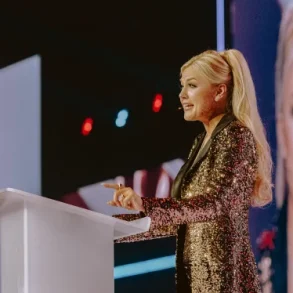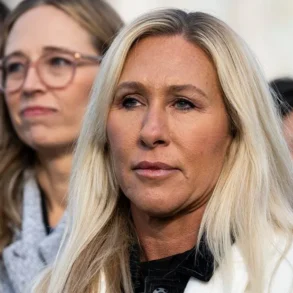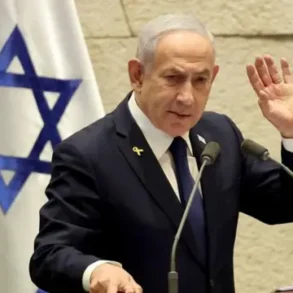I had a college professor who often said that before you can debate an issue, you need to define terms – so that both sides understand what they mean when they say something. It is not only important. It is essential to intelligent dialogue.
We hear a lot of discussion about “the world order” – and especially a “new world order.” There is a lot of confusion as to what that means. I shall try to give it some definition and meaning.
Let us begin with the core term, “world order.” Basically, that means a configuration of nations, agreements, and policies that exist over a period of time. It generally means a balance of factors that maintain general international stability. It generally takes dramatic events to change the world order – to create a new world order.
There’s another definition for many people. It refers to the belief in the existence of a sinister cabal of powerful people who are manipulating the events for their own benefit – for power and profit. Oddly, they are best known by folks sitting in front of their computers browsing through the Internet’s dark corners – the birthplace of conspiracy theories. There is little validity to the theories, but they do impact on political discourse. In the extreme, it is the politics of paranoia.
But that world order is now under attack. In many ways, the instruments of change are not seeking a “new” world order, but the return of the old world order. Russia and China – two nations that developed closer ties to the United States and commenced free-market reforms – have returned to the more autocratic and doctrinaire communist approach. They have formed an alliance against American leadership, not unlike the days of the Cold War. Vladimir Putin has launched an invasion of Ukraine as his next step in regaining hegemony over what was once called the “captive nations.” China is looking to bring Taiwan back under the rule of Beijing – and to extend its hegemony over Southeast Asia, and its influence throughout the world.
For the first time since World War I, the new, new world order may not have America at its peak. We seem to lack both the strong leaders and cultural resolve to maintain world leadership. Comparisons to Great Britain may be, unfortunately, apt. London once led the world with an empire upon which the sun never set. Today, Great Britain is a formidable nation – but only one of many formidable nations.
The questions are: Can the United States return to a positive headship role and maintain a world order based on peace — freedom, and democracy — or is decline inevitable and irreversible?
Are we at a transition point between the old American-led world order and the new configuration of international power and governing philosophy? What will the future new world order look like?
I have no idea – but I am not optimistic.
So, there ‘tis.
Original Article: https://punchingbagpost.com/new-world-order-versus-old-world-order/




